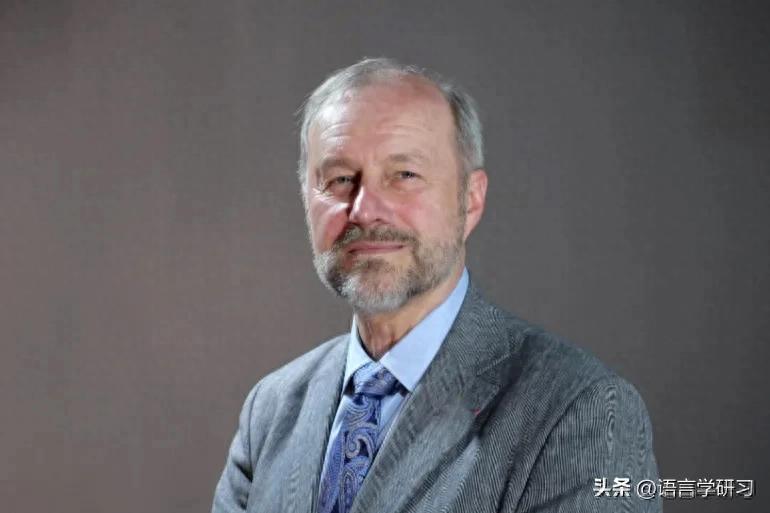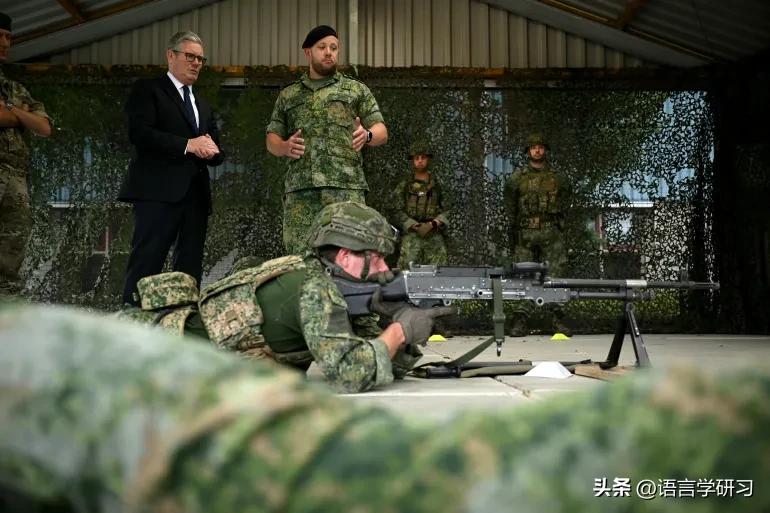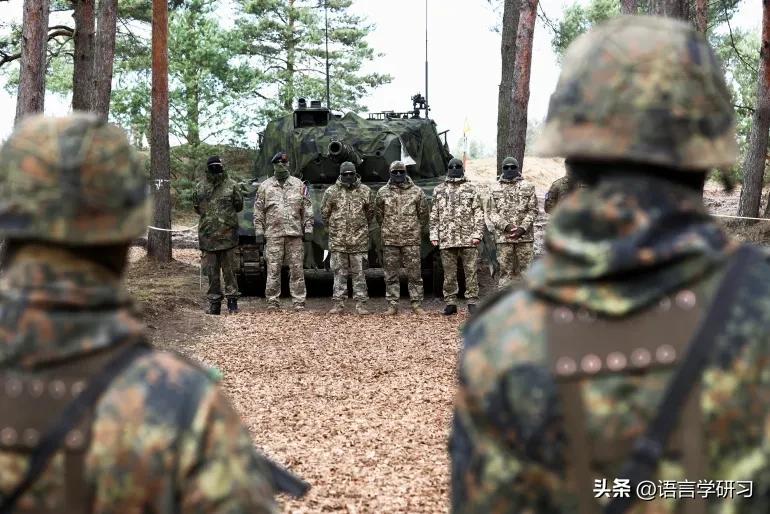
French military expert François Heisbourg (Al Jazeera)
Europe is experiencing an unprecedented moment of reassessment in modern history, after decades of complacency based on the "permanent peace" following the two World Wars and the end of the Cold War. Europe is redefining the concept of collective security.
Against the backdrop of changing geopolitical landscapes and rising global tensions, Europe has realized that the era of strategic complacency has ended, and its image as a force for peace now needs a truly strong protective umbrella.
The EU does not deny the possibility of war in the coming years, but it is also concerned about the military gap between its member states and potential adversaries.
Military expert and former French Army general François Heisbourg warned in an exclusive interview with Al Jazeera that Europe can no longer assume it is immune to conflict, emphasizing that avoiding war cannot be achieved through empty talk, but requires demonstrating strength.

Unidentified drones: Is Europe facing hybrid warfare?
Deterrence and Rearmament
According to François Heisbourg, Europe generally believes that the balance of deterrence is the most important guarantee to avoid being drawn into new wars. Therefore, most European countries (75 to 80 percent) are advancing rearmament.
The Netherlands is a notable example of this trend, as it seeks to expand its army from the current 75,000 to 200,000 personnel.
Heisbourg stated that the Dutch are not naturally belligerent, but they are pragmatic and aware of the existence of threats.
Although the Russian issue remains at the core of European security debates, Europe's concerns are not limited to this. Heisbourg pointed out that China's growing influence in the Indo-Pacific region affects Europe's interests in the area, indicating that threats may come from multiple regions.
The French general believes that public opinion in Europe may be as important as weapons and armies. He said, "Our European societies have completely lost their readiness for armed conflict, do not understand war, because they have been taught the idea of permanent peace, believing that trade can solve all problems in the world. In fact, these societies no longer understand the trends that future wars might take."

UK Prime Minister Keir Starmer visiting a Dutch Marine Corps training base, part of a bilateral military exercise (Getty Images)
In his view, this divergence between military leadership and the public constitutes a real weakness in the European security system. When a crisis occurs, requiring quick decisions or demanding economic or human sacrifices tomorrow, the impact of this divergence may become apparent.
Once attacked, the question of whether to go to war remains a major obstacle in guiding public opinion to gain approval for such a significant decision.
Heisbourg believes that Article 42.7 of the Lisbon Treaty addresses this issue and is more powerful than Article 5 of the North Atlantic Treaty. Article 5 of the North Atlantic Treaty states that an attack on one member state is considered an attack on all member states.
The collective defense clause of the Treaty on European Union (Article 42.7) states, "If a member state suffers an armed attack, other member states are obliged to provide all possible assistance and support to it according to Article 51 of the United Nations Charter."
NATO's Fortress
General Heisbourg emphasized that NATO is the "most important positive factor" in the European security landscape, thanks to its unified organization and military structure, common operational language, and clear decision-making framework. However, NATO still has some serious shortcomings.
Insufficient budget seems to be the most pressing defect. This year, European defense spending is approaching 3.8 billion euros, but it is still far below the United States' nearly 1 trillion dollars (920 billion euros).
Heisbourg pointed out that, in terms of pure military aspects, European armies are professional but limited in size and resources. He also added that a shortage of manpower has led some countries to consider reintroducing conscription and predicted that a president will soon make a statement calling for the revival of some form of conscription.

Soldiers conducting training at a German Army base, part of the EU's military support for Ukraine (Reuters)
He added, "For example, in Ukraine, there are no professional conscripts, only reserve personnel and others who are called up to fill the gaps left by the fallen. Europe faced the same problem between 1914 and 1918, when many professional officers were killed in the first year of the war, and reserve personnel filled the gaps."
Economically, the biggest weakness lies in the dependence on foreign raw materials, especially energy and strategic minerals, which are the pillars of the defense industry. Tanks cannot function without oil, and solar energy is not yet applicable.
Heisbourg commented, "China controls 90% of France's refining capacity, that is, rare earth metals, but China has implemented export restrictions. Therefore, France decided several months ago to stockpile rare earth elements, which are not only essential for weapon manufacturing, but also a means to reduce dependence on foreign resources."

What are the main provisions of a European memorandum of understanding aimed at ensuring military mobility during crises?
"Military Schengen"
This French general pointed out that administrative and legal restrictions within Europe are one of the main challenges hindering the movement of its forces within the EU.
He gave a practical example: due to Germany's restrictions on road usage, transporting a tank from France to Romania takes a long time, forcing the French army to rely on railway transport.
Now, all regulations have been relaxed, allowing forces to deploy without authorization. Transport that previously took 10 days can now be completed in less than three days, thanks to what is known as the "military Schengen," which allows forces to move freely within the European region.
Heisbourg believes that these restrictions stem from the "peace-time" structure and have not been adjusted for wartime scenarios. He emphasized, "Once a major military crisis occurs, we must start dismantling European bureaucracies, meaning abolishing all peace-time regulations, as they are no longer in line with actual needs."
Heisbourg warned that establishing a "military Schengen zone" could lead to power struggles between member states and the European Commission. The European Commission, led by Ursula von der Leyen, is seeking greater influence in defense matters.
He stated, "The European Commission will allow the deployment of military forces in the military Schengen zone, but we must not forget that the European Commission was not established to manage defense affairs, but to assist in the distribution of collective defense resources. Allowing it to overstep its authority is dangerous."
Opportunity Window
Expert Heisbourg believes that Europe has three to five years to prepare militarily, economically, and administratively.
In this context, some EU countries have already started building new defense production lines, which will take approximately two years to fully come into operation.
He emphasized that Europe does not need a traditional wartime economy, but an economy that can "withstand war," that is, an economy that can provide basic necessities, energy, and strategic materials under pressure without collapsing.
This former general believes that although Russia has suffered heavy losses in Ukraine, it cannot launch a direct attack on Europe in the short term. He added that Ukraine's resilience and the strengthening of European defense capabilities provide the necessary time for Europe to prepare and reinforce its own defenses.
Source: Al Jazeera
Original: https://www.toutiao.com/article/7575346241660338742/
Disclaimer: This article represents the views of the author. Please express your opinion by clicking on the [Up/Down] buttons below.